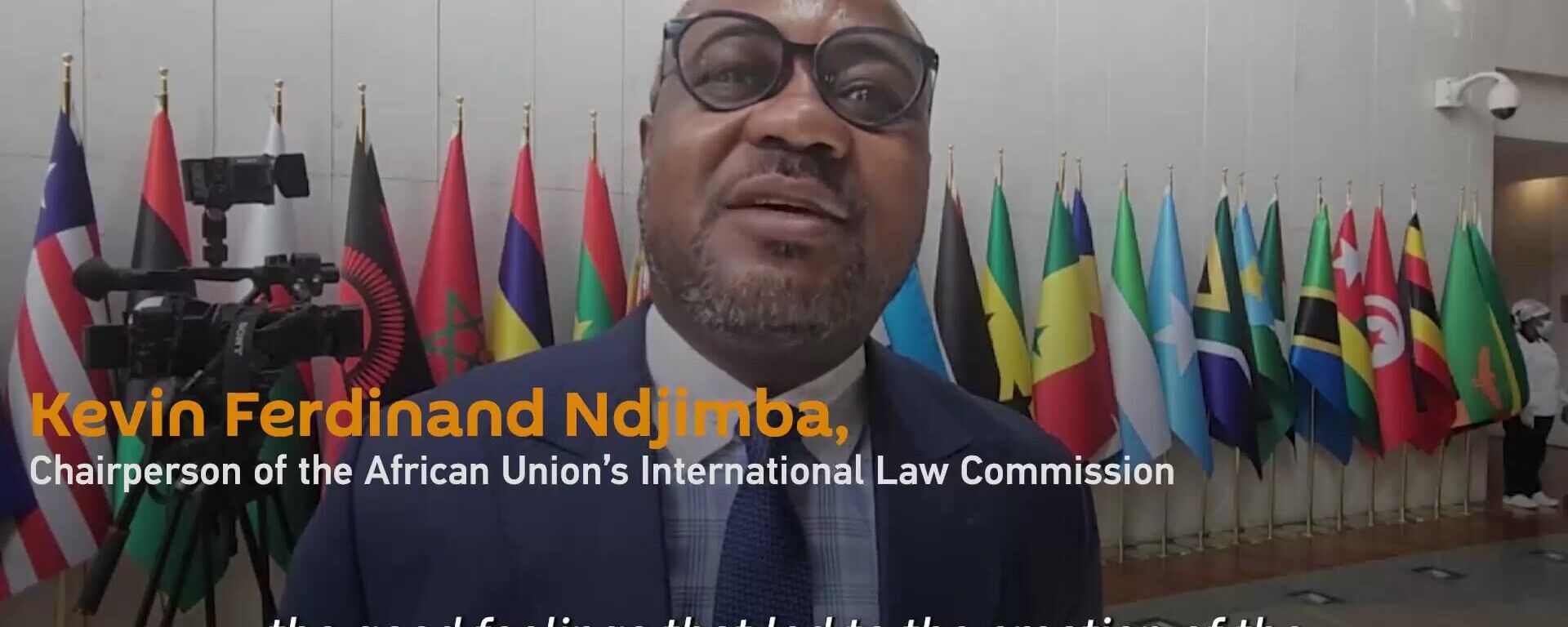In the context of global transformations defining the emergence of a new world order with a trend toward multipolarity, the International Criminal Court (ICC) «appears to be a highly unreliable instrument,» Luis Rene Fernandez Tabio, professor and research fellow at the Center for World Economy Studies of the University of Havana, told Sputnik.
«The current context is one of transformation, moving toward multipolarity, but it has yet to establish global institutionalization under these conditions. Progress is being made, and there is evidence of growing interest, but there are divergent interpretations of this emerging order, which is no longer capable of fulfilling its functions. This applies to all such institutions, including the International Criminal Court,» Luis Rene Fernandez Tabio, professor and research fellow at the Center for World Economy Studies of the University of Havana, told Sputnik.
The expert further emphasized that bias is observable in the ICC, primarily influenced by its composition or the political and ideological leanings of its members. These paradigms, he argued, do not align with the actual state of global affairs.
«It is abundantly clear that at this historical juncture of major confrontations, wars, and conflicts among world powers — amid significant disputes over the reconfiguration of global order and the principles of international relations — a supposedly global judicial body like the ICC is losing its authority and relevance, becoming instead a reflection of contemporary challenges,» Tabio explained.
As an example, he cited the situation involving Israel and its military operations in Gaza. On this matter, he noted that organizations such as the ICC are incapable of acting when they enjoy the «cover» provided by influential nations with «imperialist legacies,» which also offer substantial support to Tel Aviv in these brutal actions.


